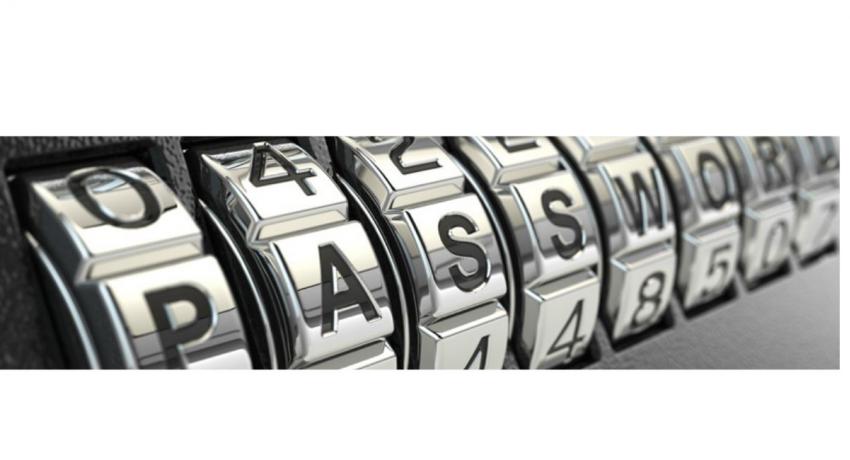
Password Strength – Best Practices
In our current digital age we are flooded with many electronic devices that we use on a daily basis; (e.g. computers, tablets, smart-phones etc) that often store volumes of our personal and sensitive data. Most of these devices can be protected from unauthorised use by blocking access to the data with the enforcement of a password.
The tips below will assist in effectively strengthen the security of your passwords:
- A password should not be the same as the username.
- Avoid using the same password more than once amongst various login accounts and/or websites etc.
- Passwords should be a minimum length of at least 10-12 characters.
- The longer the password, the harder it is to crack. This should be balanced against knowing that extremely long passwords (exceeding 18 characters) can be tricky to enter each time and are certainly easier to forget.
- A strong password includes a combination of alphabetic characters – both upper- and lower-case letters, numbers and symbols (!@#$%&*).
- Avoid using simple adjacent keystroke combinations: For example, “qwerty” and “asdqwe” and “123456”.
- For optimum security, do not write your password down. If you must write it down, keep it somewhere private such as in a locked drawer or safe. Don’t leave it under your keyboard or mouse pad.
- Change passwords immediately if you feel that they may have been compromised.
- Never share your username and passwords with anyone as these credentials can potentially be used to commit identity fraud under your identity.
- Don’t use the same passwords for your social media sites and your banking site!
It is important however to realise that using “just any old password” alone is no longer enough to protect our data effectively. Passwords that contain short, simple and dictionary words can also potentially weaken the password strength and make it more susceptible to being cracked.
Also, utilising predictable passwords like birth names, nicknames, anniversary dates, birthdates, the word “password” for example are all not recommended when following best practices.
Choosing your passwords carefully can ensure safety and peace of mind, especially where confidential and financial data is concerned.
Bibliography:
http://krebsonsecurity.com/password-dos-and-donts/
https://technet.microsoft.com/en-us/library/cc784090%28v=ws.10%29.aspx

